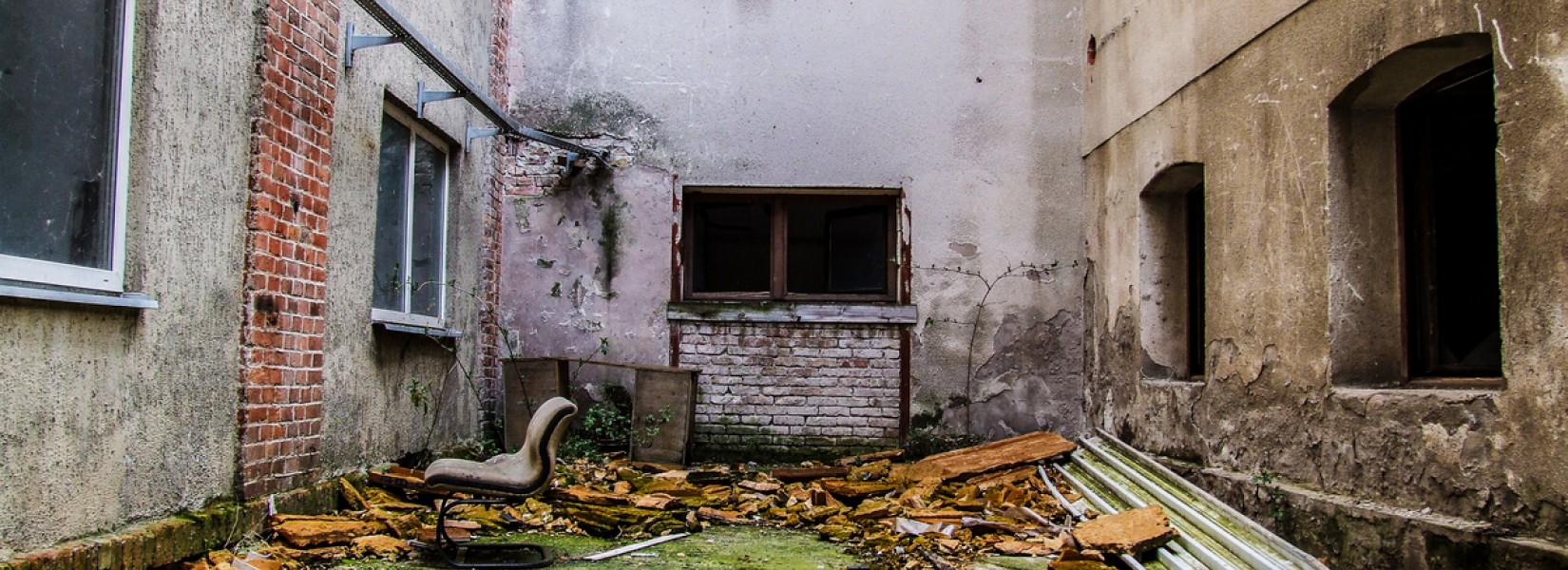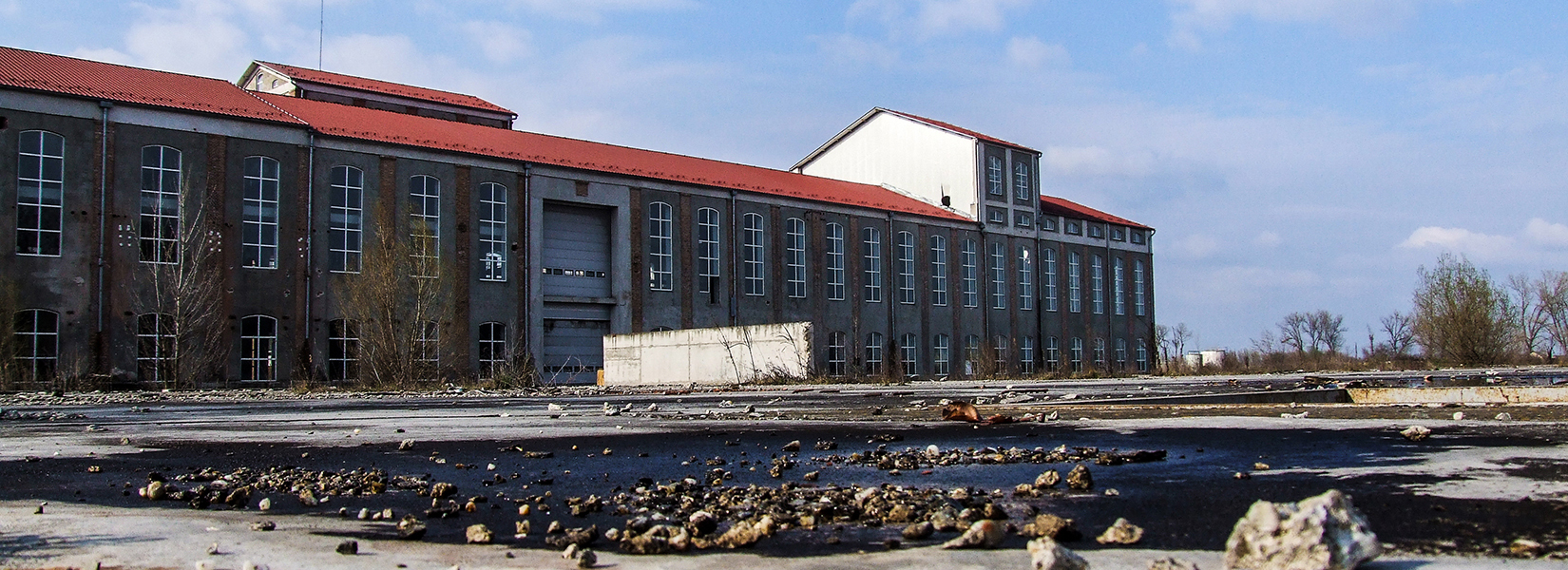For several times I passed by this little factory located in an old industrial area in the Eastern Townships, but I never been inside. Each time, I wondered if it was still active or abandoned. I must say that several tiles were broken, but I was...
The abandoned Baranja sugar factory
National Pride
Located in the region of Baranja in Croatia, Šećerana is a settlement of 559 inhabitants near Beli Manastir. Today forgotten and half destroyed, the old Baranja Sugar factory has been built in 1898 and became a state company in 1906. Funded with the Prince Friedrich Karl of Prussia’ money, he also accepted a rate of 1,5%. Known as the greatest flourishing in the seventies and the eighties, there were more than hundred workers at its golden age.
In the 90s, the sugar plant is closed by its owner: PIK Belje. But in 2004, the plant is reopened and it starts to produce starch. The plant is finally closed few years later.
Today, half of the plant has been destroyed and Šećerana is a little town who lost more than a plant: there is no more restaurant, discotheque or bowling.
Related content
Well, to be honest, the railway Montreal Maine & Atlantic Railway site we visited is not a real urbex site. At least not yet. But between you and me, it should not take long.
A story that everybody hear aboutWhether you live in...
Located on the banks of the Canal Lachine, the old Cie de recyclage de papier de Montréal inc. factory have been destroyed in part since 2009. Today, there are only the old building located behind the front store who is still there.
When...
From the outside, there is no indication that the plant is abandoned. No window is doomed and there is no "for sale" sign. Even the structure of the building is still in very good condition. I myself had doubts when I heard about it for the first...


























